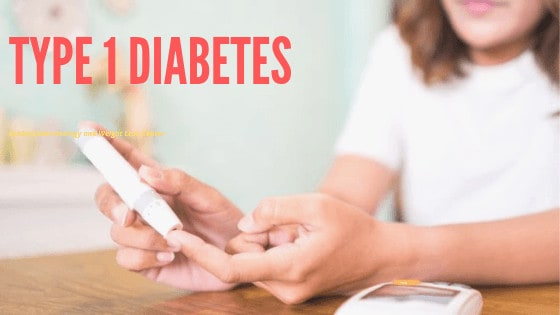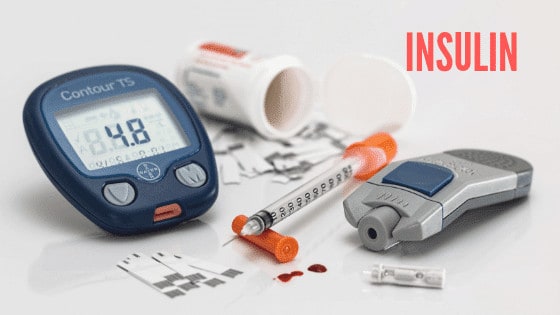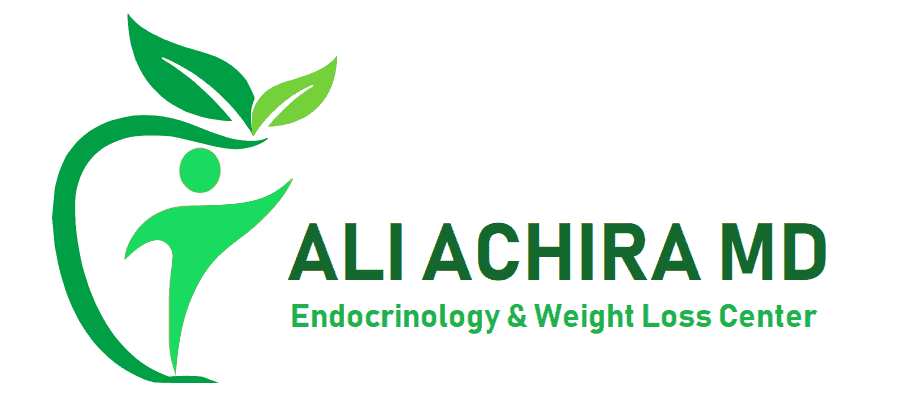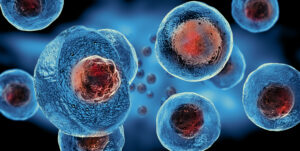What is Diabetes Type 1
Diabetes Type 1 may result when the immune system destroys beta cells produced by your pancreases. Beta cells are responsible for producing insulin in the body that helps in the movement of blood sugar in tissues, which is later used as a source of energy by cells. Due to Type 1 Diabetes, beta cells get damaged, and this process is thrown off.
Glucose becomes unable to travel through your body due to the absence of insulin. Due to this, sugar starts building up in the bloodstream and causes high blood sugar leading to weight loss, dehydration, and diabetic ketoacidosis.
Normal Blood Sugar Range
Normal blood glucose values are lower than 100 milligram/dL after 88 hours of fasting and lower than 140 mg/dL after two hours of food intake. During day times, the blood sugar levels tend to be low before mealtime, i.e., around 70-80 mg/ dL.
Pre-Diabetes Blood Sugar Levels
The term pre-diabetes is referred to as a condition where blood sugar levels are higher than normal values but not high enough to cause the diabetic condition. To get the diagnosis done, a doctor will perform three tests on you. These tests include
- Fasting plasma glucose test (pre-diabetes range should be 100-125 mg/dL)
- Oral glucose tolerance test (pre-diabetes range should be 140-199 mg/dL)
- Average blood sugar test or hemoglobin A1C test (pre-diabetes range should be 5.7% – 6.4%)

Pre-Diabetes Type -1 Symptoms
The following are some the signs and symptoms of Pre-diabetes type – 1
- Feeling too much thirst
- Feeling too much hunger
- Dryness of mouth
- Unexplained weight loss
- Blurry vision
- Fatigue
Low blood sugar symptoms
In the clinical terminology, the low blood sugar condition is known as hypoglycemia. It is a severe health disorder which can lead to serious health consequences. There are many possible causes of this clinical condition. The most crucial cause is the frequent use of diabetic medication can lead to this condition.
It has also reported those patients who are on insulin they may also suffer from this clinical condition. It someone is not taking proper meals or skipping meals then there are chances of hypoglycemia. Alcohol consumption is also associated with this condition. The following are some of the clinical signs of low blood sugar.
- Feeling hungry
- Too much sweating
- Nervousness
- Mood changes
- Headache
- Anxiety
- Dizziness
High Blood Sugar Symptoms
In the clinical terminology, high blood sugar is known as hyperglycemia. It is also a major health disorder which can lead to various possible health complications. There are many possible causes of this clinical condition. Some of the essential causes of hyperglycemia include an imbalance of insulin in the body.
Those diabetic patients who skip their diabetic medications or insulin are at risk of hyperglycemia or raised blood sugar levels. It essential to maintain blood sugar with the normal range. Any chronic illness or infection might also raise blood sugar levels. Following are some of the signs associated with this condition.
- Severe headache
- Trouble in concentrating
- Vision disturbance
- Too much thirst
- Weakness
- Tiredness
- Weight loss
Causes of Type 1 Diabetes
Doctors are still unable to determine the original cause of Type 1 Diabetes. However, many kinds of research have shown that an individual’s gene plays a significant role in this purpose.
It has also been stated that multiple environmental factors or any virus can enter your body and cause the weakening of the pancreas. Most of the patients with Type 1 Diabetes show symptoms of this attack called autoantibodies. Autoimmune diseases such as vitiligo and Grave’s disease can also lead to the prevalence of Type 1 Diabetes.
Symptoms of Type 1 Diabetes
- Frequent hunger particularly after a meal
- Nausea
- Vomiting
- Dry mouth
- Frequent thirst
- Frequent urination
- Abdominal pain
- Unexplained loss in weight
- Weakness
- Feeling tired all the time
- Heavy breathing
- Blurry vision
- Skin infections
- Urinary tract infections
Treatment of Type 1 Diabetes

Insulin
Individuals who have Diabetes Type 1 are suggested to use injections of insulin to control their blood sugar. Different types of insulin injections are available, which can be prescribed according to clinical history:
- Long-acting: It takes many hours to reach your system and can stay there for about 24 hours.
- Intermediate-acting: it can get in your blood after 2-4 hours of injection, crests between 4-12 hours, and stay in the bloodstream for 12-18 hours.
- Short-acting: it can work within 30 minutes, peaks around 2-3 hours, and can stay in the body for 3-6 hours.
- Rapid-acting: it can work in less than 15 minutes, peaks after 1 hour, and stay in the blood for 2-4 hours.
- Exercise and Diet
Taking a walk or exercising for at least thirty minutes every day can ensure good health. Swimming, cycling, and brisk walking can also help in the management of Type 1 Diabetes. Eat meals that are a combination of low proteins and fats such as whole grains and vegetables. Limit your serving size and calorie intake.
Click here to learn about the Difference between type 1 diabetes and type 2 diabetes
If you have any of Diabetes symptoms, click here to schedule an appointment with Dr. Achira or Call Achira Endocrinology at 313-600-4669 for an appointment to learn more about how Dr. Achira Can help you. Click here to Contact us. You can also schedule an appointment on Healow by clicking here.




